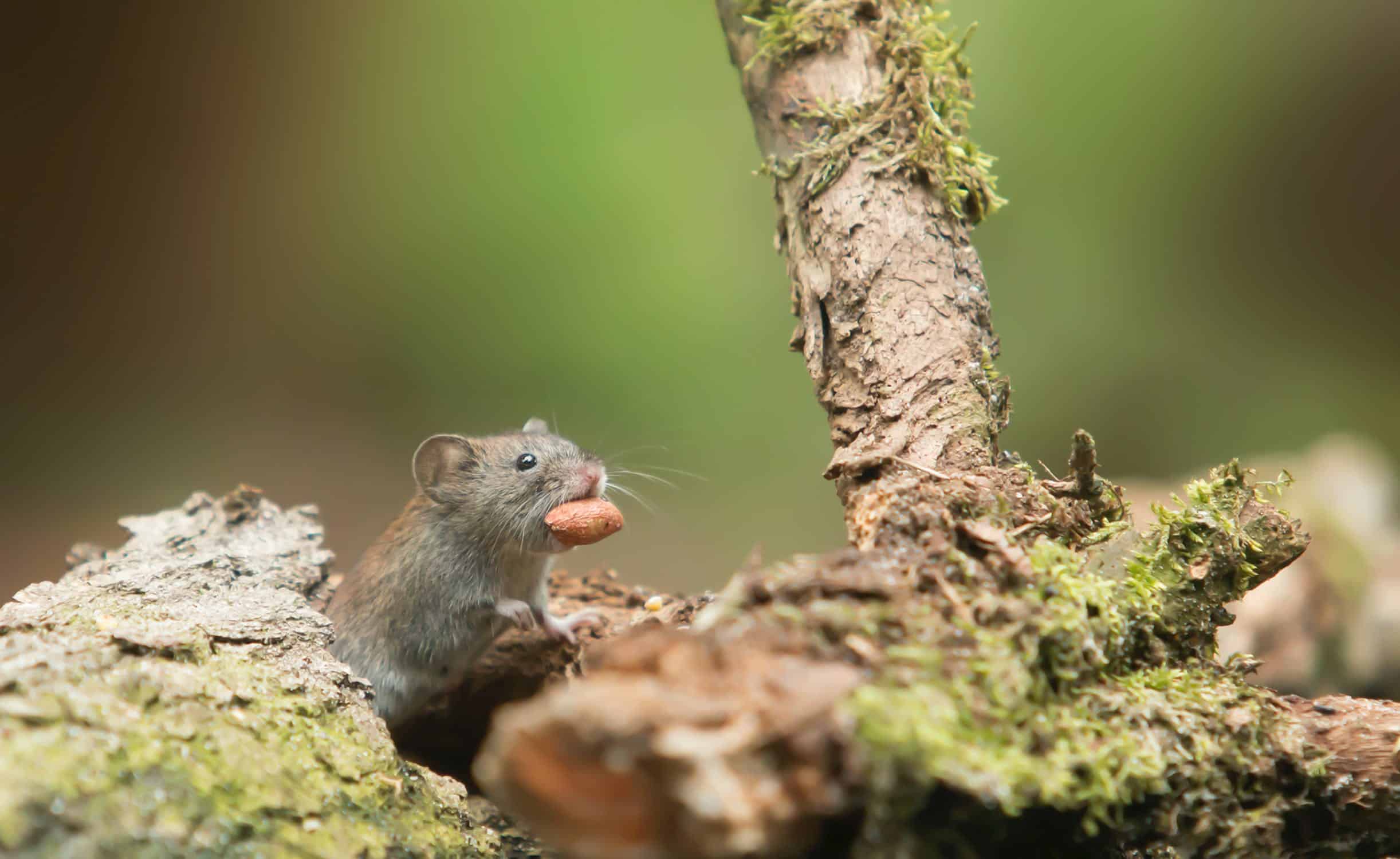Mississauga residents dealing with rat infestations can get some financial help from the region
Published October 9, 2020 at 8:01 pm

Mississauga residents who have been dealing with unprecedented rat infestations can now access a Region of Peel-wide rebate program that will help them cover some of the cost of pest control services.
On Oct. 9, the Region of Peel announced that regional council approved a 12-month pest control subsidy program and pest-related study at an Oct. 8 council meeting.
The pilot program will provide a 50 per cent rebate of the incurred costs for professional pest control services to a maximum of $200 per year. Residents in Mississauga, Brampton and Caledon are eligible and those who are interested will have to submit invoices from licensed pest control vendors.
The move to implement the program came after Mississauga Ward 3 Councillor Chris Fonseca pleaded with the region to help residents handle the financial burden brought about by an influx in rat infestations in several Mississauga neighbourhoods.
Fonseca introduced a motion calling for financial support for impacted residents at a Sept. 10 regional council meeting. According to the motion, the city and region have increasingly been hearing concerns from residents regarding “a significant increase in the rat population” throughout the region and in the Applewood Hills, Applewood Heights and Applewood Acres communities in particular.
Fonseca’s motion, which was seconded by Ward 1 Councillor Stephen Dasko, attributes the increase in rodent sightings to ongoing residential, commercial and industrial infrastructure projects, adding that the urban landscape “creates an environment for rats to thrive by providing an ample supply of food, water and shelter.” The motion, which notes that rats have the capacity to burrow underground and live in common public and private spaces, warns that the animals are prolific breeders that are difficult to eradicate.
According to the motion, rats have been spotted on private property, in public parks, around construction sites and on the streets, something Fonseca argues is a health and safety issue that should be addressed by Peel Public Health.
At Mississauga general committee meeting, Fonseca said that rats are behaving strangely, telling other council members that she’s received photos and videos of dozens of rats acting aggressively and eating each other.
At the Sept. 10 regional council meeting, Peel Public Health staff members said that the health agency has received 74 complaints about rats in Mississauga this year, up from 54 complaints in 2019 but down from 94 complaints in 2018.
Staff said that there are have been no recorded instances of rat-related illnesses in Mississauga as a result of the increased sightings, adding there have been no cases of the bubonic plague in the region since 1939.
At the meeting, Athina Tagidou, who appeared on behalf of the Applewood Hills and Heights Residents’ Association, said the infestations are likely caused by construction and are therefore the region’s responsibility to manage.
“Rats are more likely to be displaced by construction, so they look for new areas to feed, breed and multiply,” Tagidou told council.
Tagidou said the group feels that if the City of Mississauga had acted with “diligence and promptness,” the growing infestations would not have happened.
“A minimum of 20 people affected are seniors, to ask them to dig into their savings to pay for extermination is wrong and not acceptable,” she said, adding that the group first called for action in 2015.
“Nothing has been done. It’s only grown and spread and it remains in our backyards and in our streets. Some residents have caught up to three rats per day, one person says they have caught over 100 rats over the past few years,” she said, telling council that she no longer enjoys going into her backyard.
At the meeting, public health officials said that the region has worked to educate residents on infestation prevention, adding that rats are attracted to fruit trees, vegetable gardens and improperly stored waste and compost.
“Education is an important part of a site visit,” public health officials said.
At the meeting, some councillors called for the problem to be more aggressively studied in order to find a longer-term solution than a simple rebate program.
“The rats are there and if we cut off food source or displace them, they have to have food and they’ll wander the whole region. It’s not as if they weren’t there before, what we have to do is put a concentrated effort to solve the problem, not just for residents, but also for businesses,” Ward 6 Councillor Ron Starr said at the meeting.
“…I’m not sure how spending money and putting traps alone will work, all we’re going is putting a bandaid on it in the interim. We’re going to have construction and we’re going to be displacing those animals.”
The region said it’s going to study the rat problem in conjunction with establishing the rebate program and will be developing an Integrated Pest Management plan that addresses the root causes of rodent populations, with education as a key component.
“I am pleased that council supported this important step to address a common urban concern. I would like to thank Mississauga Ward 3 Councillor Chris Fonseca for the significant work on behalf of her residents to bring this motion to council,” said Nando Iannicca, Chair of the Regional Council, in a statement.
“She is to be commended for her efforts.”
The pilot program and study are currently being developed. The Region will announce when and how to apply for subsidy once the program has been established.
INsauga's Editorial Standards and Policies


